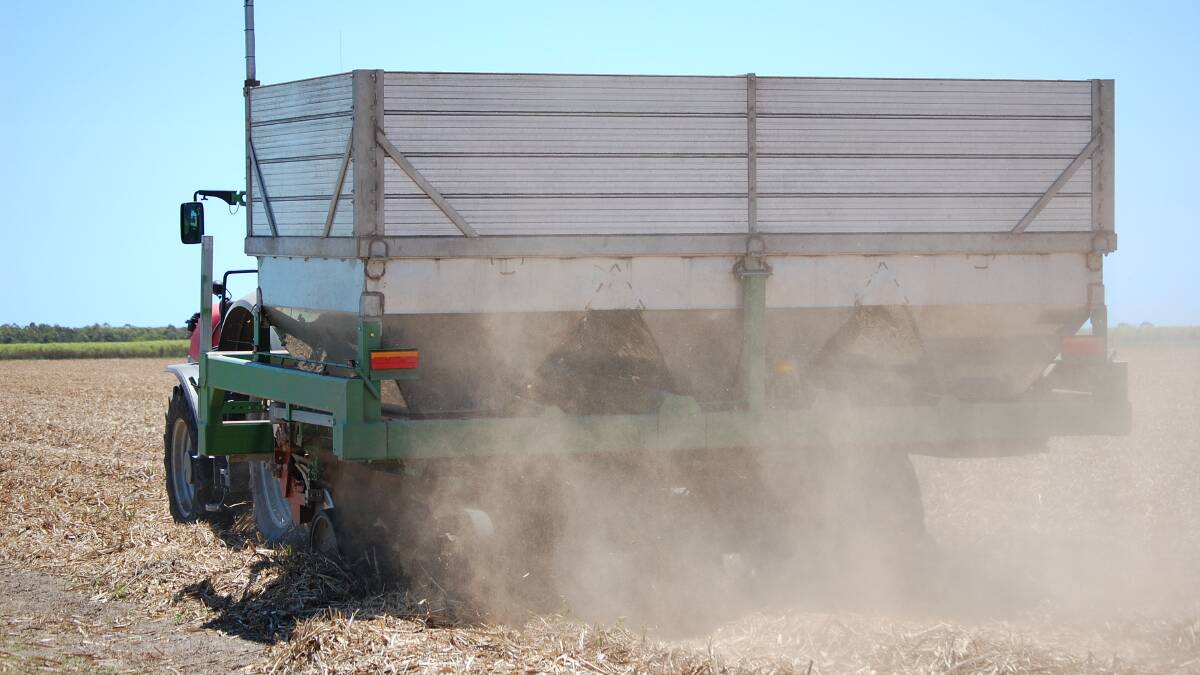
VICTORIAN farmers are planning concerted opposition to draft Environmental Protection Agency (EPA) Victoria recommendations that would see farm animal manure classified as industrial waste under changes to the state's environmental protection act.
Subscribe now for unlimited access to all our agricultural news
across the nation
or signup to continue reading
Allan Bullen, Victorian Farmers Federation EPA reference group member and chicken farmer at Lang Lang, in southern Victoria, said it was disappointing the EPA had made the ruling on manure, which he said would have considerable implications on farm management.
"The VFF has opposed the proposal that animal manure be reclassified as industrial waste and is disappointed that farmer's views have not been listened to," Mr Bullen said.
While acknowledging the EPA was trying to make the process simpler he said it went against a growing awareness of sustainability and valuing by-products of the agricultural process.
"Farmers have been utilising animal manure as a sustainable by-product of agriculture for decades," he said
"To lump them with increased green-tape is baffling."
Manure from chicken and pig farms is a valuable fertiliser, especially in organic cropping systems, while deep-banding animal litter has shown huge promise in the state's south-west in lifting soil organic carbon levels.
For its part, the EPA said it wanted to continue to work through the proposals with stakeholders.
"EPA continues to work with Victoria's farmers and their peak bodies to address and give certainty about how the new Environment Protection Act will affect them," the organisation said in a statement. "This is an ongoing process requiring considerable consultation which EPA is committed to," it said.
However, Mr Bullen said it was an unnecessary burden.
"Farmers just want to get on with the job of producing food and fibre," he said.
"The last thing they need is unnecessary green tape getting in the way of actually farming."
"We are continuing to engage with a number of stakeholders, including the EPA to ensure a common-sense solution is reached for Victorian farmers."
Permission will not be necessary under the proposed act for farmers wishing to deposit or receive more than 20 cubic metres of manure each month.
This cap would exclude the majority of medium to large scale intensive animal enterprises along with all broadacre croppers wishing to use the manure as a fertiliser.
While it will not be necessary for farmers to obtain permission to deposit or receive more than 20 cubic metres of manure each month they will have to meet the proposed determination criteria.
Of note in these criteria is assessment of application methods for those using the manure.


